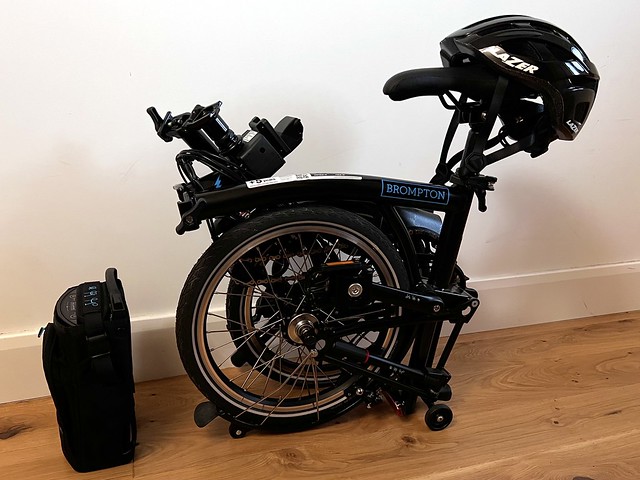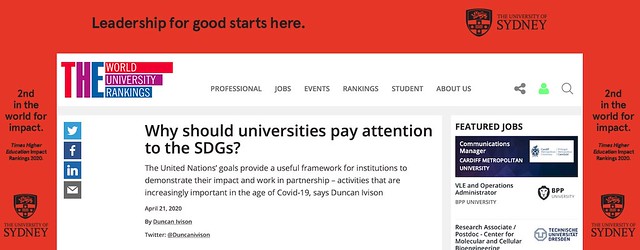
Today is my last day at Imperial College London. It marks the completion of exactly 29 years as a member of staff. Two talks, about 30 years apart.

Today is my last day at Imperial College London. It marks the completion of exactly 29 years as a member of staff. Two talks, about 30 years apart.

“The Ruffian” is great title for Ian Leslie’s Substack given his predilection for roughing up lazy thinking.

“The Queen is dead; long live the King!” is such a cliché of stories and films that it was surprising to hear it for real. Not that we did actually hear it for real. The secrecy surrounding the Queen’s final hours means we cannot be sure what was said at the moment of her passing or even if the new King had arrived in time.

Reader, I bought a Brompton. After all my research – and a considerable amount of humming and haa-ing – I finally took Henry’s advice and went to my local bike shop to test-ride a couple of different eBike models. The cheaper one on offer there didn’t work out – easy enough to ride and a motor with plenty of power, but nothing like the compactness of the folded Brompton.

With emails running alongside, barking for attention, we beat a retreat from London. The clamour of work was soon swamped by the heat and light and sights and sounds and smells of Barcelona, and by the newness and oldness of it all. In the evening as we wandered the narrow streets in a desultory Google search for a restaurant, the continental warmth seeped into our bodies like a muscle relaxant.

Black masked, weighed down by grey grief, We carried you into the church To be wrung out of our sodden farewells. But you had already gone. It was a slow journey to that sombre altar. In the last years the traces that bound us Stretched and frayed As Nature’s cruelty took hold. We had already said the longest of goodbyes While your mind darkened and your hands stilled.
I can’t remember how I came across this video from philosopher Alain de Botton, but I feel seen. Like many academics, I guess, I have always prized scholarly achievement.

The UK government’s new policy to reduce bureaucracy in research institutions aims at an easy target. But the bonfire of administration lit by the Prime Minister’s chief adviser, Dominic Cummings, risks burning down the foundations of much-needed efforts to value the many different people on which the health of UK R&D depends Should an interest in bureaucracy be a protected characteristic? I think a case can be made.

I have been coming to the Lake District on and off for much of my life. It is my favourite corner of England. I first came in 1981 when I was seventeen, as one of half a dozen venture scouts from Ballymena on a summer youth hosteling trip. Then, in the early nineties, we would make annual trips to gather here with my wife’s siblings and their families, overseen with smiles and cooking by my tireless mother-in-law.

The new and improved Times Higher Education (THE) Impact Rankings 2020 were published this week with as much online fanfare as THE could muster. Unfortunately, they are not improved enough. Sydney University’s Duncan Ivison makes case for impact rankings. And then you notice the advert.